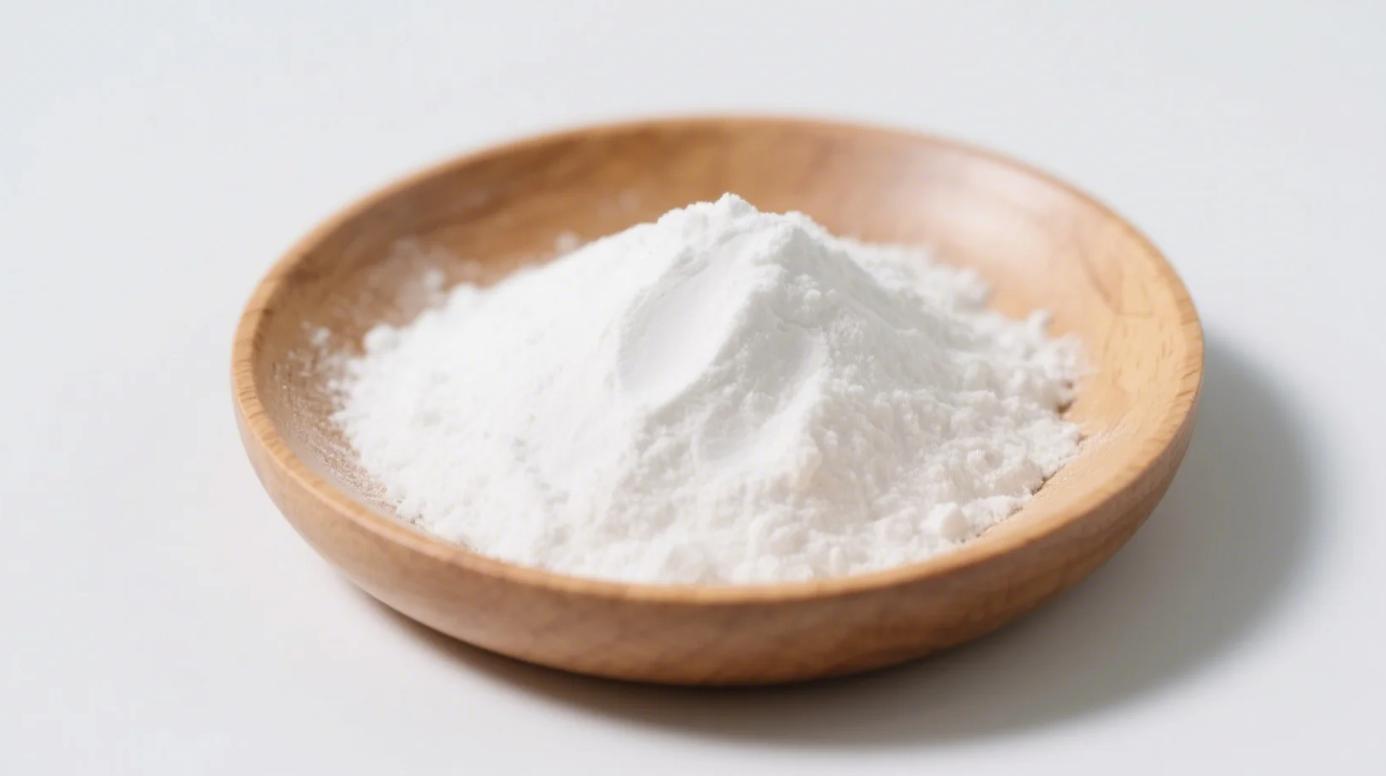Inulin is a type of soluble fiber that is naturally found in many plants, such as chicory root, garlic, onion, asparagus, and wheat. It is also added to some processed foods and supplements as a prebiotic, which means it feeds the beneficial bacteria in the gut. Inulin may have several health benefits, such as improving digestive health, helping control diabetes, and aiding weight loss. However, it may also cause some side effects, especially when consumed in large amounts or by sensitive individuals.
Who should be careful with inulin?
Most people can tolerate inulin in small doses without any adverse reaction. However, some people may experience digestive discomfort, such as gas, bloating, cramps, diarrhea, or constipation. These side effects are more likely to occur when inulin intake exceeds 30 grams per day.
Some groups of people who should be careful with inulin are:
- People with irritable bowel syndrome (IBS). IBS is a common disorder that affects the large intestine and causes symptoms such as abdominal pain, bloating, gas, diarrhea, or constipation. Inulin is a type of FODMAP (fermentable oligo-, di-, mono-saccharides and polyols), which are carbohydrates that can trigger or worsen IBS symptoms in some people. People with IBS may benefit from following a low-FODMAP diet, which limits the intake of foods that contain inulin and other FODMAPs.
- People with inflammatory bowel disease (IBD). IBD is a group of chronic conditions that cause inflammation and ulcers in the digestive tract. The most common types of IBD are Crohn’s disease and ulcerative colitis. Inulin may aggravate the symptoms of IBD, such as abdominal pain, diarrhea, bleeding, weight loss, or fever. People with IBD should consult their doctor before taking inulin or any other supplement.
- People with allergies to ragweed or other plants in the same family. Inulin is extracted from chicory root, which belongs to the Asteraceae family of plants. This family also includes ragweed, chrysanthemums, marigolds, and daisies. Some people may be allergic to these plants and experience symptoms such as itching, rash, swelling, wheezing, difficulty breathing, or unconsciousness. People with these allergies should avoid inulin and other products that contain chicory root.
How can you use inulin safely?
If you want to use inulin for its health benefits, you can follow these tips to use it safely:
- Start with a low dose and gradually increase it over time. For example, begin with 2 to 3 grams per day and increase by 1 to 2 grams every week until you reach the desired amount.
- Drink plenty of water to help fiber move through your digestive system and prevent dehydration.
- Choose natural sources of inulin over processed ones, as they may have fewer additives and contaminants.
- Avoid taking inulin with other supplements or medications that may interact with it, such as laxatives, anticoagulants, or antibiotics. Consult your doctor before taking any supplements or medications with inulin.
- Stop taking inulin if you experience severe or persistent side effects and seek medical advice.
Conclusion
Organic Inulin powder is a type of prebiotic fiber that may have various health benefits, but it may also cause some side effects, especially when consumed in large amounts or by sensitive individuals. Some groups of people who should avoid or limit inulin are those with IBS, IBD, or allergies to ragweed or other plants in the same family. To use inulin safely, start with a low dose and increase gradually, drink plenty of water, choose natural sources of inulin, avoid interactions with other supplements or medications, and stop taking it if you have any adverse reactions.
Recommended Product
Organic Inulin
Premium Prebiotic Fiber for Nutraceuticals, Food & Beverage Industries

